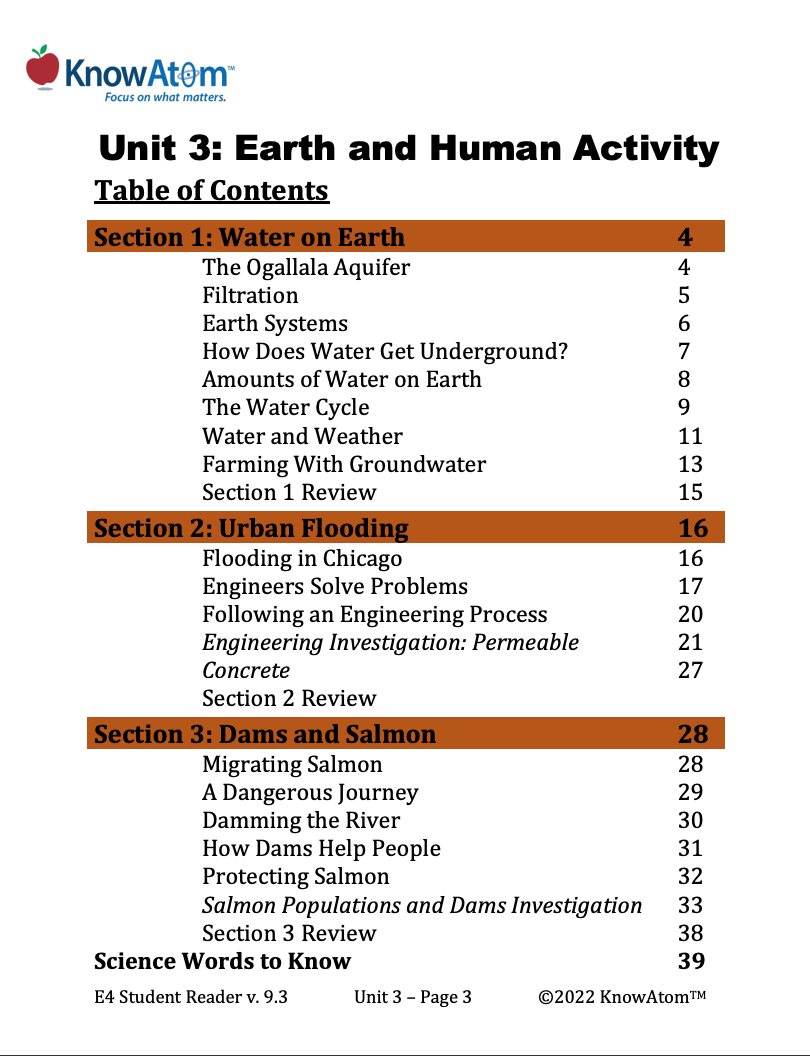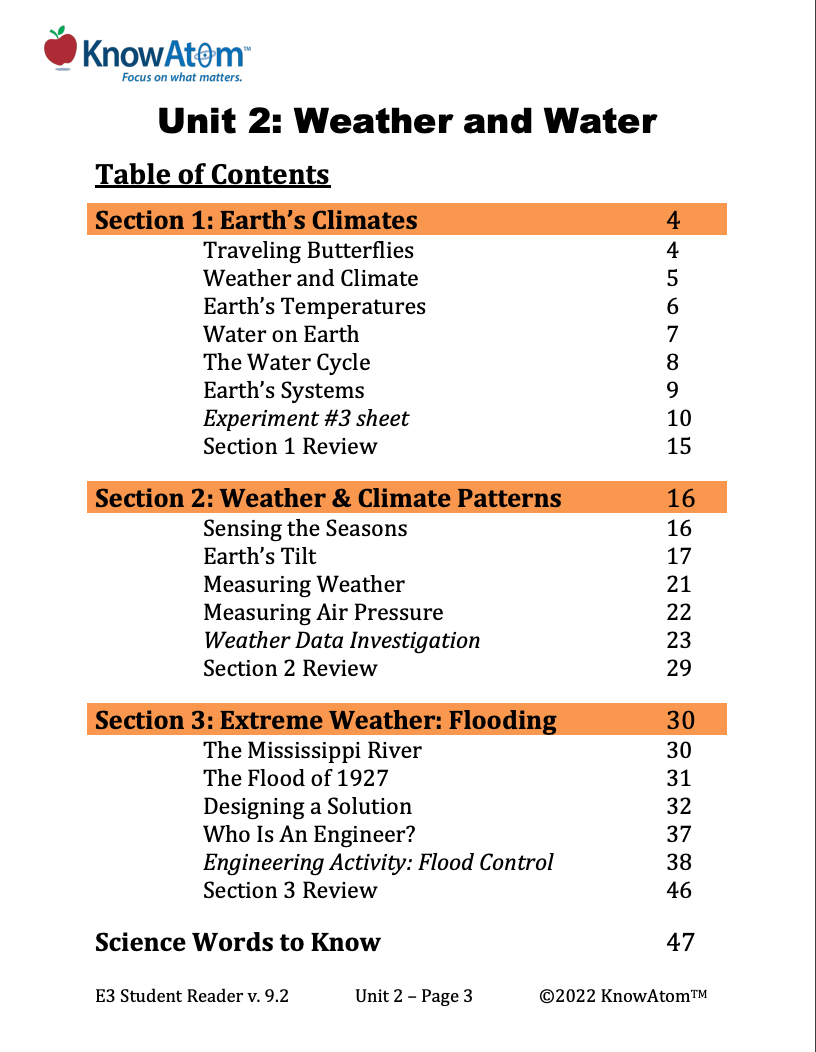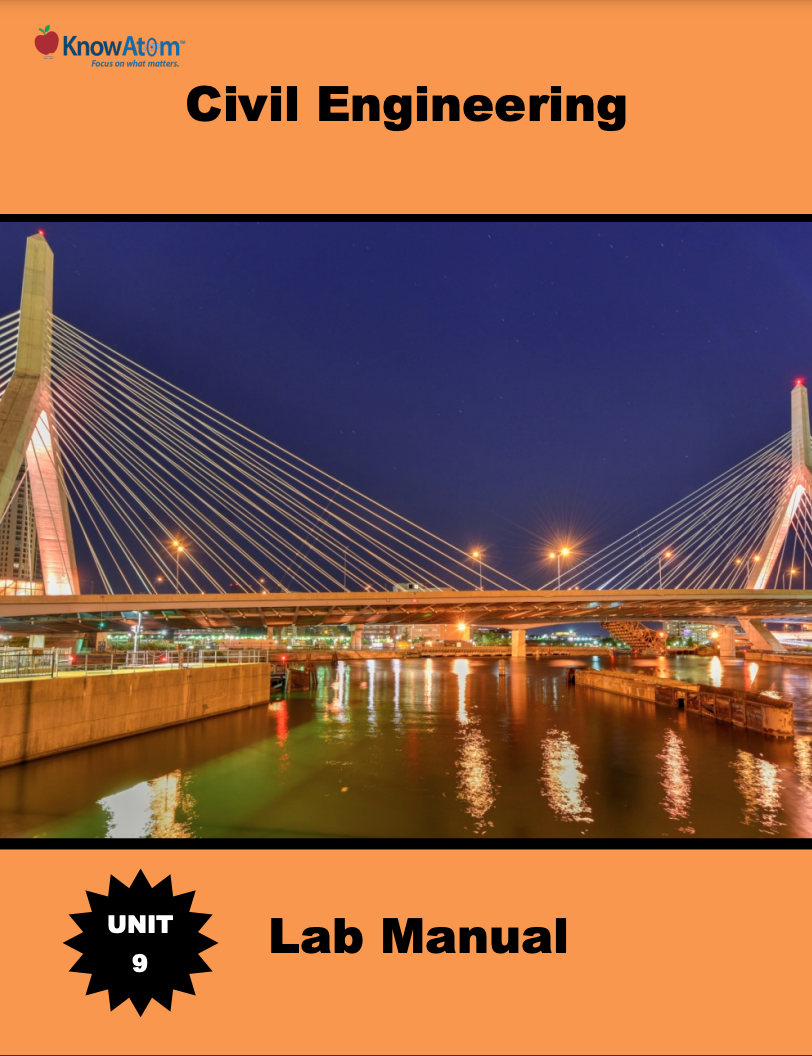
In this unit, students explore the science phenomena of Earth systems by studying aquifers, comparing the ability of different Earth materials to hold water. In this lesson, they build on that knowledge to engineer permeable pavement that can solve the problems of urban flooding and water pollution. This page showcases key components of this lesson.

In this unit, students discover how the sun provides light and heat to Earth and how the water cycle influences weather and climate. Students analyze weather patterns in specific regions during a particular season. They then use that knowledge to study the effects of extreme weather on humans, evaluating solutions to protect against those effects.
.png)
In this unit, students explore the science phenomena of Earth systems as they interact. Students do this by discovering the importance of water for life on Earth. In this lesson, students figure out groundwater flow by exploring the porosity and permeability of different Earth materials. This page is a high-level extract of this lesson.

In kindergarten students learn to ask questions, make observations, and collect data as they explore weather patterns on Earth and investigate how different Earth materials are heated by the sun. This lesson is part of a kindergarten series that students learn the practices that scientists and engineers use to help them answer questions and solve problems.

In this unit, students explore forest ecosystems, studying the science phenomena of interactions between living things and the environment. In this lesson, students build on their understanding of how energy affects the growth of organisms by exploring the phenomena of forest food webs, and analyzing how the phenomena of drought can have a ripple effect through the ecosystem. This page showcases all components of this lesson.
Standards citation: NGSS Lead States. 2013. Next Generation Science Standards: For States, By States. Washington, DC: The National Academies Press. Neither WestEd nor the lead states and partners that developed the Next Generation Science Standards were involved in the production of this product, and do not endorse it.
